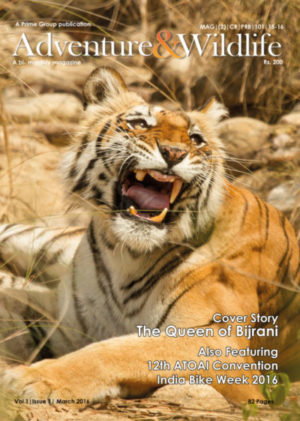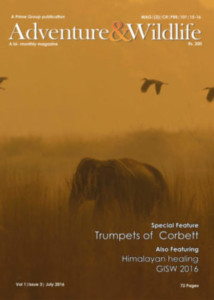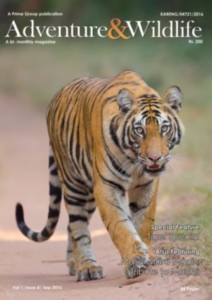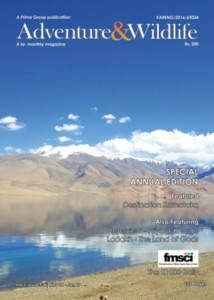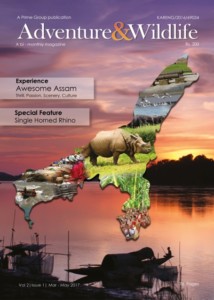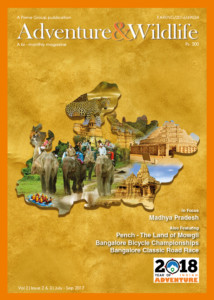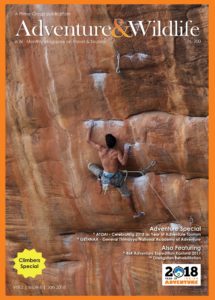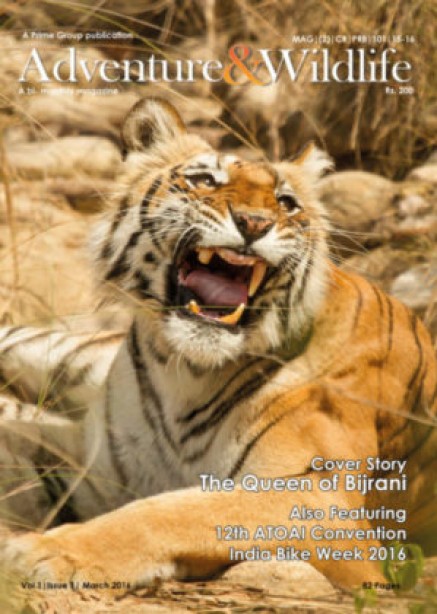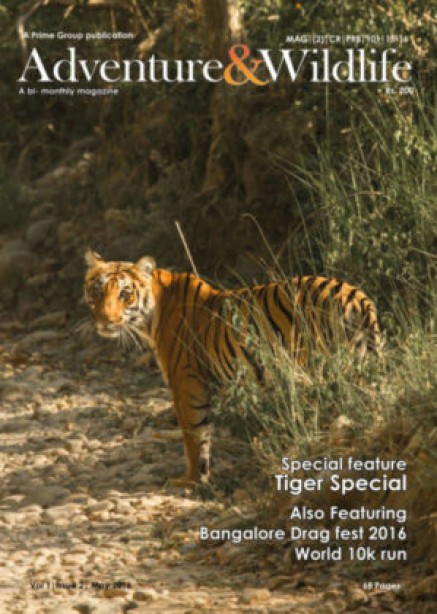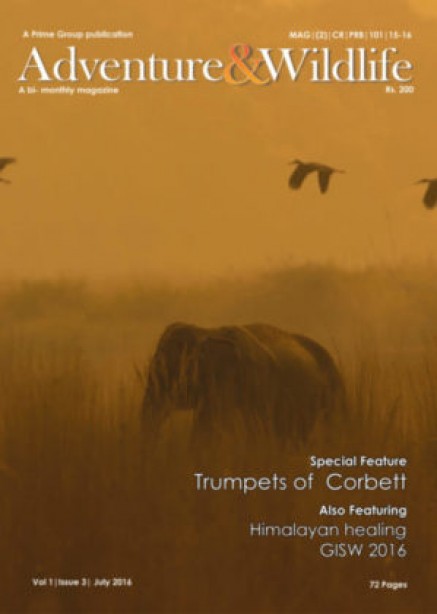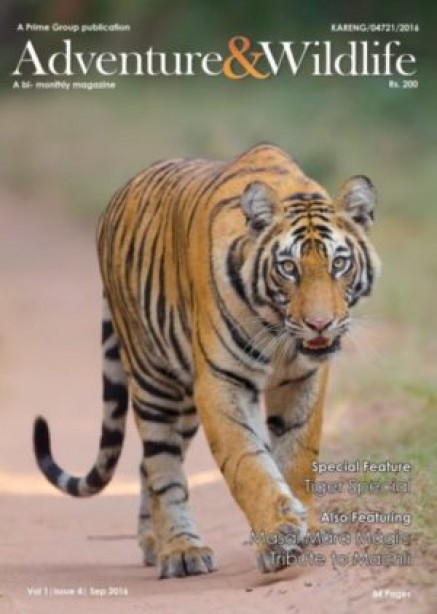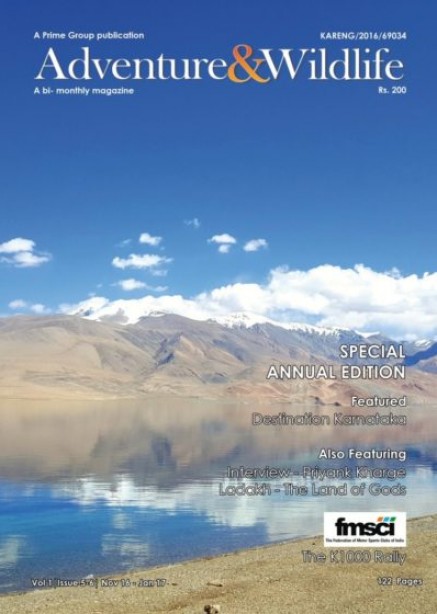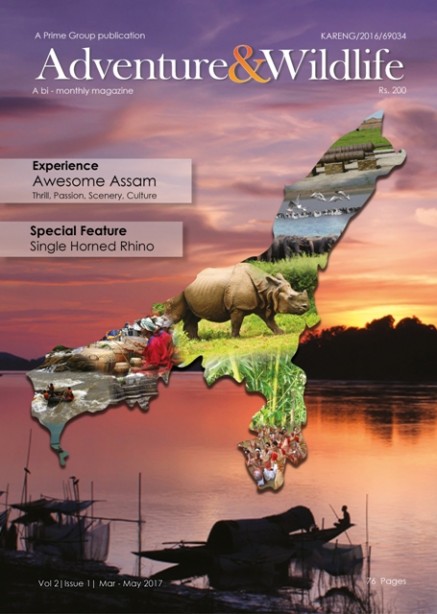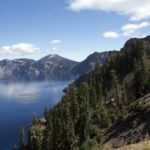
Himalayan flora-fauna in critical phase to global warming: Scientists
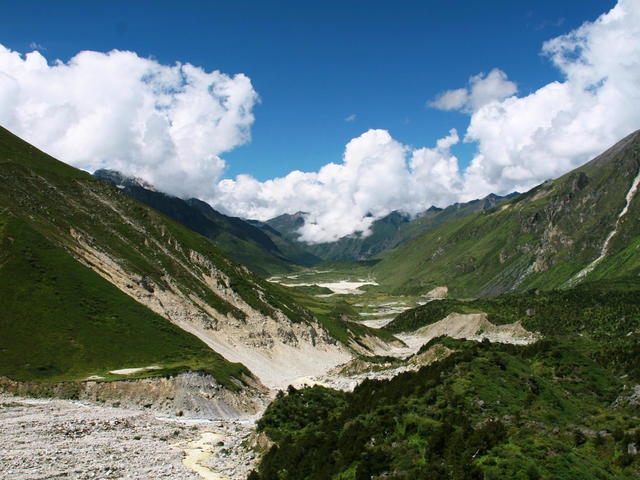
Total 19,600 endangered species of flora and fauna in the country, the Himalayan region is home to 133 which are passing through a critical phase due to changing weather patterns and massive deforestation, scientists warned at a seminar in Almora on Wednesday.
Scientists maintained that if the global warming trends in the Himalayan region remain as they are, several flora species of fungus, algae and lichen besides fauna species like bharal, snow leopards and musk deer will disappear from Himalayan region,” R S Rawal, Director of G B Pant National Institute of Environment and Sustainable Development that hosted the event said.
Massive deforestation, rampant conversion of agricultural land for construction purposes and the ever growing concrete jungle were held by scientists as the principal culprits for the changing weather patterns in the region, he said.
Flora and fauna in the 2,400 km long Himalayan range are passing through a critical phase as global warming is affecting the regional eco system most, he said.
Arun Kumar, Director of Dehradun-based Dolphin Institute said that the depleting number of bharal and musk deer in their habitats in the Himalayan region is a problem on which the new researchers in the field need to focus.
Scientists from several institutes across the country took part in the seminar including Wildlife Institute of India, Dehradun, Nature Conservation Foundation, Pantnagar University, Indian Council of Agricultural Research (ICAR), International Centre for Integrated Mountain Development, Kathmandu (Nepal), IIT Roorkee, Central Agricultural University Sikkim and BSIP Lucknow. Making a special reference to the research paper presented by P R Ojaswai, Director of Dehradun based Indian institute of Soil and Water Conservation, Rawal said Ojaswai claimed that global warming has started affecting crops in the region as an increase of one degree in temperature has lead to a decrease in wheat production ranging between 15 to 20 per cent.
Ojaswai also warned that the one degree increase will cause paddy crops production to decrease by 6 per cent while crops like maize will disappear from the fields, Rawal said.

